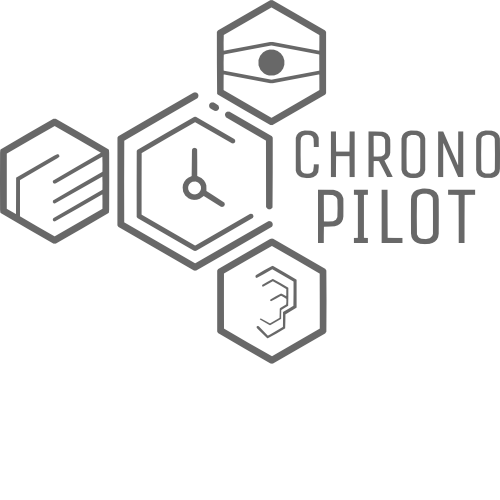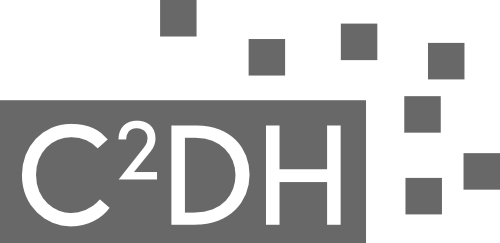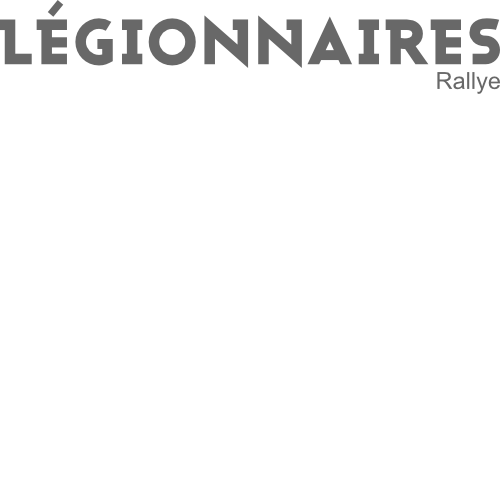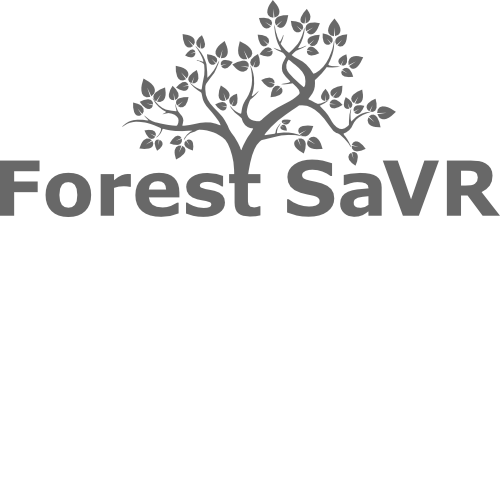The VR/AR Lab's mission is to develop novel mixed-reality systems and experiences, focusing on the following aspects:
Since its inception, the VR/AR Lab has been involved in different national and international research projects and collaborations:

The FNR-funded CORE project VR BIAS explores novel virtual-reality-based approaches to improving body image, which is how someone perceives, feels, and thinks about their body. Employing different variations of body illusions and distinct ways to assess distorted perceptions of the body, the project focuses on measuring how strongly participants experience avatar embodiment, how this improves their body image, and how they generally feel during the experience by combining self-report and behavioral assessments with state-of-the-art psychophysiology. VR BIAS will develop innovative tools and techniques for research and clinical practice and contribute to current psychological and neurobiological theories of body image disturbance and eating disorders. The VR BIAS project is a collaboration between the VR/AR Lab and the Clinical Psychophysiology Laboratory (CLIPSLAB) at the University of Luxembourg.


The EU-funded H2020 FET Open project ChronoPilot focuses on the different dimensions of time perception in individuals and groups of humans, as well as in hybrid systems consisting of humans and machines, such as software agents and robots. The project's goal is to create a time modulation toolkit and prototype technology capable of improving both the quality and the decision-making process by extending/compressing human subjective time adaptively, whenever required. Exploring novel methods in cognitive science and applying mediated-reality technologies such as virtual/augmented reality (VR/AR) and body sensors to different human sensory channels, the ChronoPilot team will develop innovative solutions to control time perception plasticity. For the ChronoPilot project, the VR/AR Lab is collaborating with colleagues at European partner institutions Ghent University (Belgium), Justus Liebig University Giessen (Germany), Panteion University (Greece), University of Konstanz (Germany), University of Lübeck (Germany), and Wageningen University & Research (Netherlands).


With digital assistance and interconnectivity available ubiquitously, humans will increasingly delegate their social, economic, or data-related transactions to artificial autonomous agents, both for reasons of convenience or complexity. This multidisciplinary FWO/FNR-cofunded project investigates possible designs and questions of trust or acceptance, using computational agent models validated in behavioural experiments as well as virtual and augmented reality technologies to examine aspects of representation and socio-technical acceptance. For the DELICIOS project, the VR/AR Lab collaborates with colleagues at Belgian partner institutions Ghent University and Vrije Universiteit Brussel.



The Minett Stories Rallye is an interactive game that engages the players in a digital treasure hunt around the former Ironworks of Belval. Based on the VR/AR Lab's technology platform, the game is developed in collaboration with the Luxembourg Centre for Contemporary and Digital History (C2DH) to promote the Esch2022 exhibition “Remixing Industrial Pasts – Constructing the Identity of the Minett” (February 27, 2022 - May 15, 2022) at the Massenoire in Esch Belval. Players can discover old landmarks and relics and explore the history of the area's industrial past on site. The Rallye extends the exhibition outside the Massenoire walls, strengthening its connections to the territory and its stories while providing an experience that is both fun and educational.



The Légionnaires Rallye is an interactive game that engages the players in a digital treasure hunt around Luxembourg City. The game concept was developed to promote the Légionnaires exhibition (June 30 - November 28, 2021) at the Musée Dräi Eechelen in collaboration with the Luxembourg Centre for Contemporary and Digital History (C2DH). Following the trail of the Luxembourgish légionnaires outside of the museum walls, players can see the cityscape in a different light and discover the history of the légionnaires in the places that marked their passage. For a maximum degree of accessibility, the game is realised as a mobile web application together with a dedicated backend platform.



The CollaTrEx project aims to provide an integrated framework for collaborative context-aware mobile training and exploration, focusing on in-situ collaboration within groups of learners engaged in varied educational activities. The advantages and opportunities of context-aware mobile learning are widely recognized, but modern mobile devices offer enormous potential beyond establishing precise spatiotemporal context. The multitude of sensors and advanced recording and networking capabilities call for increased interactivity and collaboration. However, instead of harnessing these capabilities to full effect for a genuinely collaborative and interactive mobile learning experience, they are often left unexploited.


Deforestation is a serious issue shaping climate and contributing to global warming. The virtual reality application developed in this project allows users to interact with the environment in order to discover and immersively experience the various stages and effects of deforestation.

The interaction with social robots allows for cognitive outcomes similar to human involvement. While many research efforts concentrate on aspects related to autonomous and cognitive robotics, enabling operators to control a social robot directly and immersively interact with users and bystanders opens up further possibilities, for instance, in therapeutic or educational contexts. The telepresence framework developed in this project focuses on direct and immersive control via different interaction modes, including motion, emotion, and voice output.